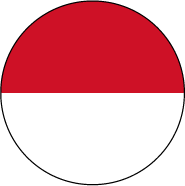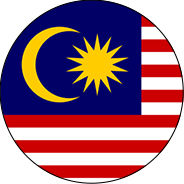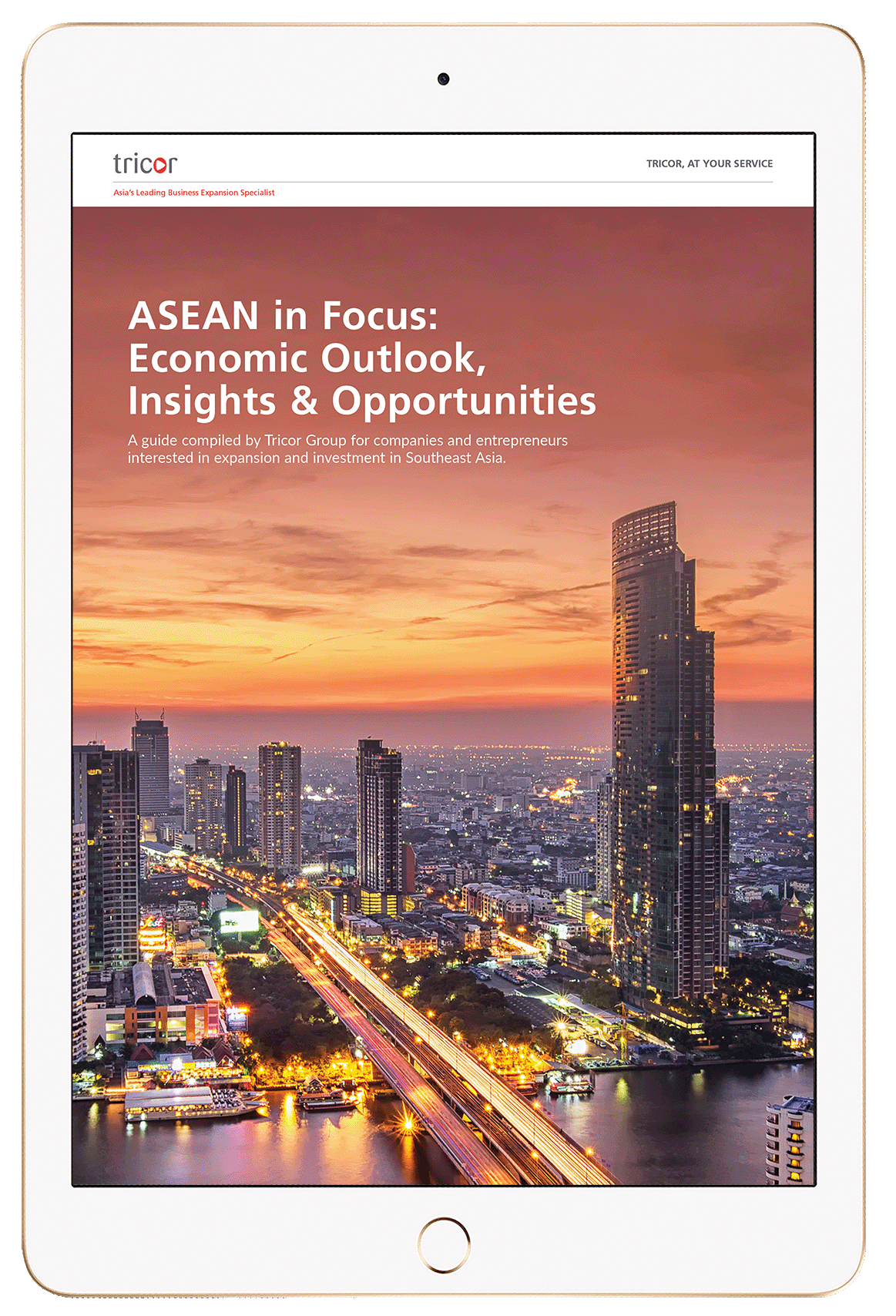ASEAN in Focus: Economic Outlook, Insights & Opportunities
The center of the global economy continues to gravitate east, accelerated by unprecedented GDP growth and the rise of foreign direct investment (FDI) throughout the Asia Pacific (APAC) region. In particular, the growth of FDI has been a key driver of success for the emerging economies of the Association of Southeast Asian Nations (ASEAN), which are the focus of this special report.
Originally founded as a political bloc of five countries in Southeast Asia, ASEAN has evolved into a 10-member economic powerhouse. The ASEAN Economic Community (AEC) is now home to some of the world’s fastest growing markets, where hundreds of millions of people have joined the ranks of the middle class. ASEAN’s rapidly rising middle class is driving domestic consumption and fueling the demand for more discretionary and aspirational products and services – with a focus on quality, convenience and choice.
In the upcoming decades, ASEAN will write a new growth story. Bolstered by AEC’s economic integration agenda – as well as the recently passed landmark Regional Comprehensive Economic Partnership (RCEP) – the region’s rich resource reserves, established manufacturing base and rapid industrialization will continue to attract investors from around the globe.
With Tricor Group’s ASEAN in Focus: Economic Outlook, Insights & Opportunities, we hope to briefly introduce each market and provide inspiration for tapping into bourgeoning opportunities.
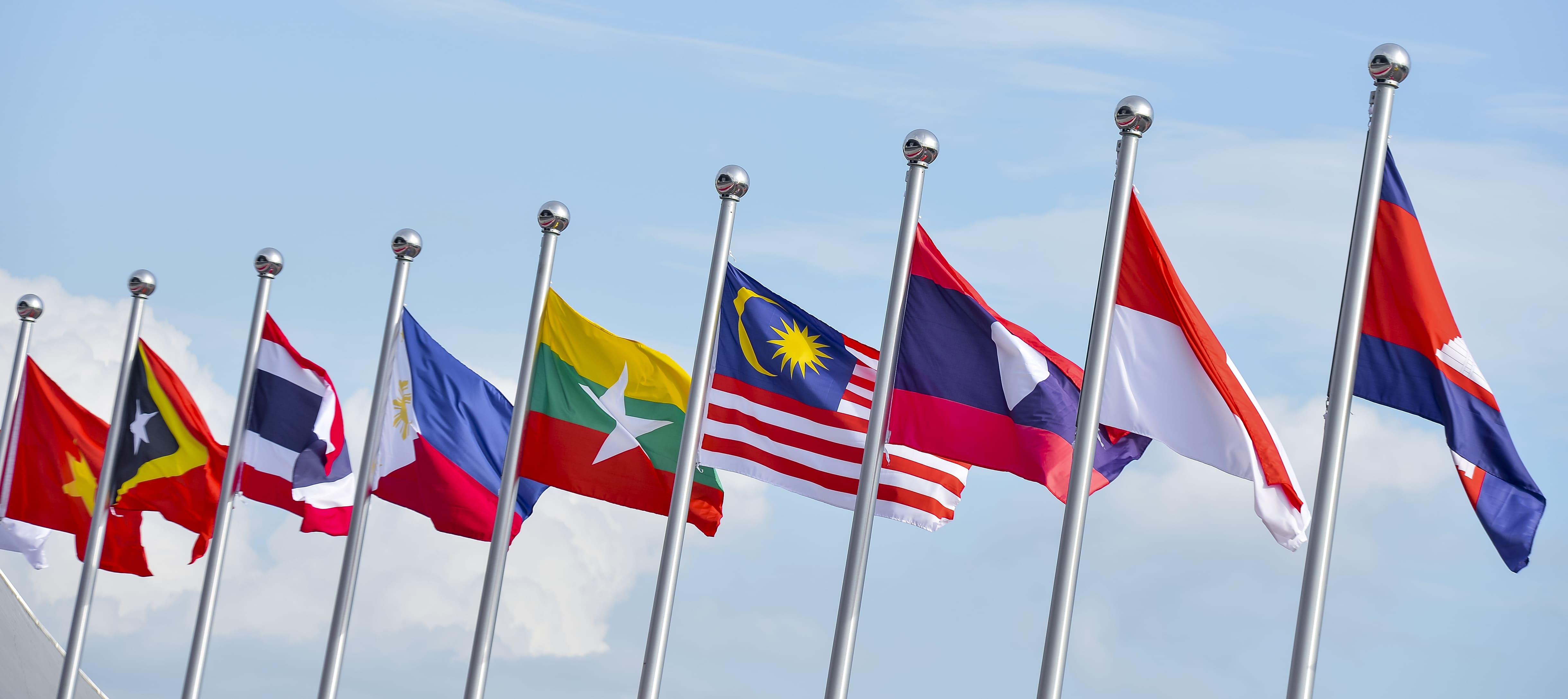
Why ASEAN?
ASEAN has been traveling on a remarkable journey over the past four decades. After weathering the 1997 Asian financial crisis, ASEAN's growth rate stood at 6% in 2000. Even through the 2008 global economic crisis, the regional economy continued to grow steadily from 2000 through 2019, before the COVID-19 pandemic, at an average annual growth rate of 5.7%. With a combined gross domestic product (GDP) of almost US$3.2 trillion in 2019, ASEAN collectively is ranked as the third largest regional economy in Asia and the fifth largest economy in the world.
Despite a global slowdown triggered by the COVID-19 pandemic, ASEAN continues to be an attractive region for foreign businesses and investors, particularly because of its strong economic growth and burgeoning middle class and consumer markets. The International Monetary Fund projects that ASEAN’s economy will grow 5.6% in 2022 and 6.0% in 2023, outpacing the projected growth of global GDP.
Overview of ASEAN Markets
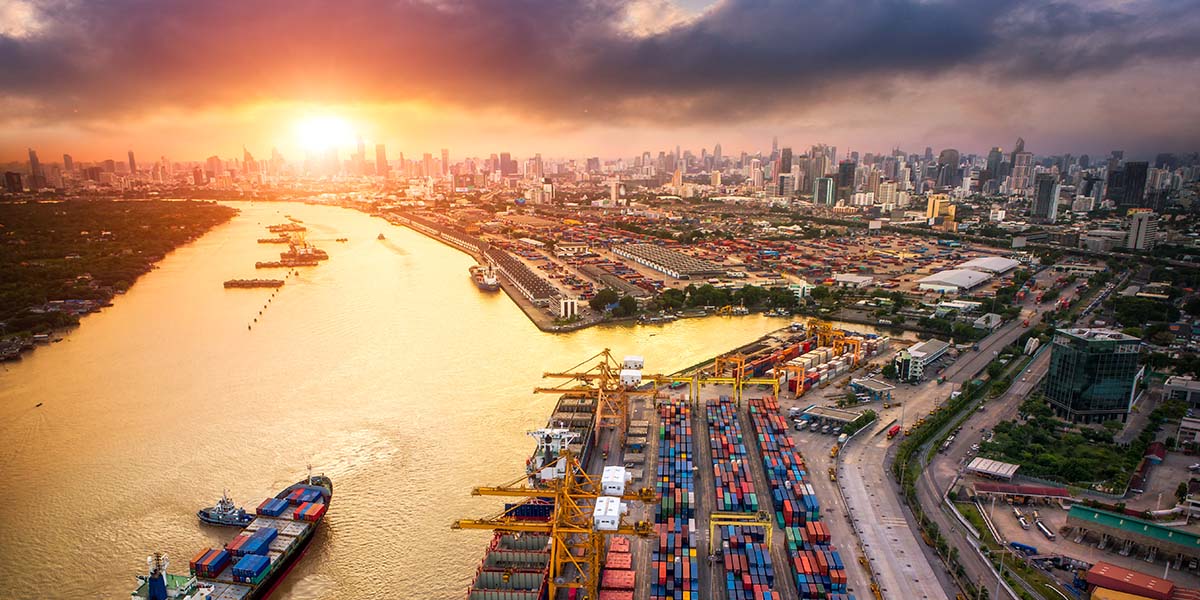



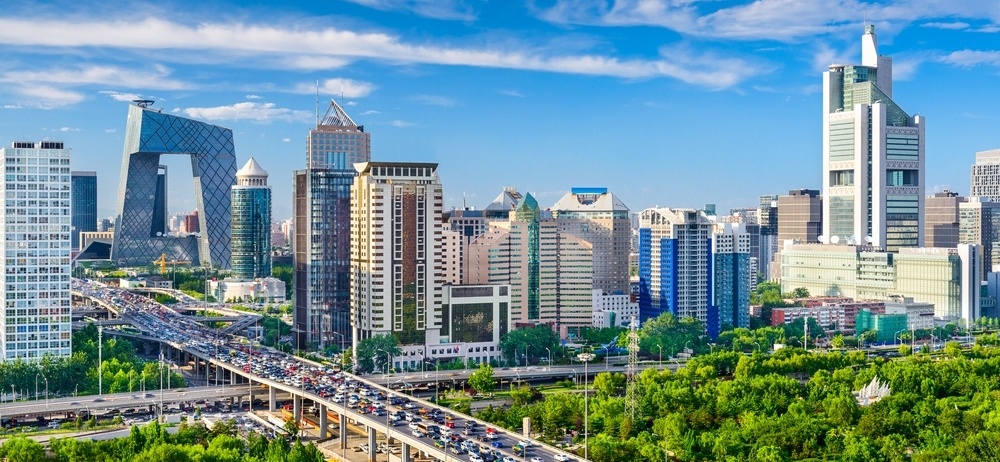
%20Solutions.jpg?width=1200&name=Tricor%20Axcelasia%20Expands%20into%20Singapore%20with%20New%20Governance%2c%20Risk%20%26%20Compliance%20(GRC)%20Solutions.jpg)
As MNCs flock to tap into ASEAN’s success, they will need a launchpad for expansion, operation and investment. Singapore, one of the founding members of ASEAN, has long earned high marks from global investors for its economic stability and business-friendly environment. These favorable conditions make Singapore a strategic gateway for mainland MNCS from around the globe wishing to set up shop or strengthen their market position in the ASEAN region.

-
Developing a strategy for entering an individual ASEAN market or multiple markets
-
Overcoming language and cultural barriers
-
Understanding the government’s role in business as this varies across the markets
-
Registering your business and furnishing the required upfront capital, documentation, resources and personnel for the selected business structure
-
Complying with labor, payroll and hiring policies
-
and more...
HOW TRICOR GROUP CAN HELP IN ASEAN
Making that first step into any of the markets in ASEAN is intimidating for most companies and investors, with an almost endless series of potential pitfalls to be negotiated along the way. Despite regulatory obstacles and cultural barriers, the rewards of successfully navigating this vibrant region are immense.
Whether you are looking to set up shop in ASEAN or streamline and expand your current operations, Tricor can help you.
Download our guide and arrange a meeting with one of our specialists to learn how Tricor’s global knowledge and local expertise helps organizations looking to expand their footprint into or across ASEAN, and beyond.
Group CEO
Tricor Group
The passage of the RCEP trade bloc is a defining moment for global trade and a pivotal development that will inevitably redirect FDI flows in the months and years ahead. Notably, the maturing economies of ASEAN serve as a linchpin for activating the deal. At Tricor, we are keeping a strong pulse on how this landmark agreement is triggering new global trade trends, bolstering pan-Asian supply chains and expanding opportunities for foreign investors. Tricor’s specialized local expertise and dynamic connections reinforce our status as the ‘go-to’ partner for enterprises seeking to expand throughout ASEAN, APAC and beyond.
Group CFO & COO
Tricor Group
While COVID-19 has ushered in a wave of trade protectionism around the globe, the RCEP envisions a pan-Asian trade network and embraces the belief that enhanced market openness promotes greater economic prosperity. One of the most promising features of the deal is that, for the first time ever, emerging economies in ASEAN are now linked to the developed powerhouse economies of China, Japan and South Korea through one inclusive trade agreement. The RCEP nearly ensures intra-Asian trade, which is already cumulatively larger than APAC’s trade with North America and Europe combined, will continue to serve as a growth engine for the global economy.
Group Chief Commercial Officer
Tricor Group
With the recent passage of the historic Regional Comprehensive Economic Partnership (RCEP) – along with the region’s rich resource reserves, established manufacturing base and rapid-fire industrialization – ASEAN will continue to attract investors from around the world and serve as a growth engine for the global economy. Our objective for this guide is to share critical business intelligence, drawing from our team’s firsthand expertise and insights. We look forward to supporting businesses in establishing and expanding their businesses across ASEAN.
Group Head of Marketing & Communications
Tricor Group
Headlines of the past two years have been dominated by one omnipresent story: COVID-19. Few could have anticipated the distress and ubiquitous disruption the pandemic would present to economies and businesses around the world. But Tricor Group’s recent experiences on-the-ground suggest that, despite roadblocks and looming uncertainties ahead, emerging opportunities abound for global businesses. In particular, recently passed economic policies and the activation of the RCEP are opening new doors in ASEAN. By highlighting these emerging prospects and prescribing possible steps forward, Tricor’s ASEAN in Focus: Economic Outlook, Insights & Opportunities can help business leaders and investors stay ahead of the curve in today’s shifting landscape.
COO & Director
Tricor Brunei
Brunei’s footprint in global trade has been increasing in recent years, especially following new trade policies and favorable taxation schemes. Furthermore, Brunei’s adoption of the RCEP signals the country’s strong commitment to nurturing ASEAN’s post-pandemic recovery efforts, strengthening trade linkages and expanding horizons for global businesses. With opportunities for FDI continuing to grow, Tricor Brunei is excited to help clients tap into flourishing market opportunities.
Co-Managing Director of Accounting & Corporate Secretary Services
Tricor Indonesia
Recent years have brought a significant boom to Indonesia’s economy, placing it among the top investment climates in ASEAN and APAC. A large domestic market of growing middle-class consumers, highly competitive labor costs and an established export-oriented manufacturing sector make Indonesia an attractive choice for global investors looking to expand their operations in ASEAN. At Tricor Indonesia, we offer customized solutions to help businesses succeed in Indonesia’s vibrant, everchanging business landscape.
CEO & Managing Director
Tricor Malaysia / Labuan
Supply chain diversification has been in the spotlight in recent years, due to rising geopolitical tensions, pandemic disruptions and ongoing global shortages. Significantly, the RCEP helps to streamline the necessary global supply chain shifts that can help businesses problem-solve and thrive. Thanks to the deal’s focus on digitization and smart manufacturing, businesses in Malaysia and Labuan will be incentivized to develop more innovative and competitive products. As ASEAN’s footprint in global supply chains deepens, Tricor Malaysia / Labuan is committed to supporting our clients in their cross-border endeavors throughout the region.
CEO
Tricor Singapore
The RCEP is greatly enhancing cross-border trade, which is at the very heart of Singapore's open and export-oriented economy. Notably, companies in Singapore are enjoying greater flexibility in their sourcing strategies and now have access to a larger pool of suppliers throughout ASEAN and APAC. At Tricor Singapore, we are committed to helping global and local enterprises pivot their business plans so they can capitalize on these emerging opportunities and collaborate with regional partners to explore new markets.
CEO
Tricor Thailand
Investors in Thailand can expect enhanced trade opportunities throughout the region as the RCEP eases tariffs, promotes regulatory transparency and reduces compliance costs associated with customs processes. But due to the scale and diversity of the RCEP’s coverage, its implementation is proving to be cumbersome for some businesses. As a leading business expansion specialist, we look forward to working with our clients to overcome impending challenges, fill gaps and thrive in Thailand.
General Director
Tricor Vietnam
The RCEP is particularly significant for the future of trade and investment in Vietnam, as the deal is expected to drive critical domestic regulatory reforms in key areas such as labor laws, investment liberalization, cybersecurity, data security and protection of intellectual property. In response to mounting opportunities and evolving needs, Tricor Vietnam offers a full suite of expansion solutions to our clients as they navigate the local landscape and explore how the RCEP may impact business decisions.

